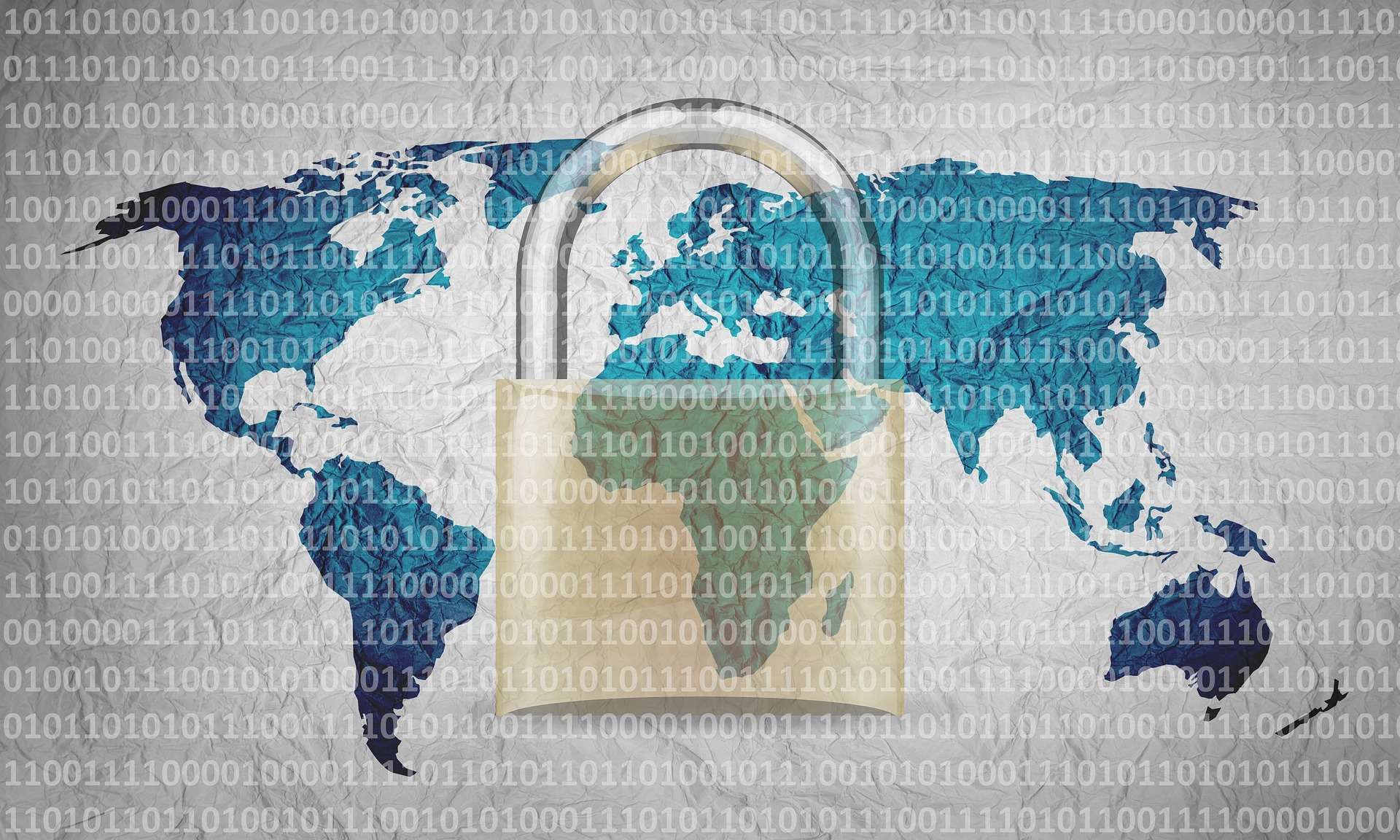Cybersecurity: Safeguarding the Food Supply Chain Against Digital Threats

Food Technology has been rapidly advancing, with modern technologies used to ensure that food is safe and nutritious for human consumption. In recent times, technology has become an integral part of the food supply chain. From the farmers to the consumers, technology is used to enhance efficiency and productivity in the food industry.
However, the integration of technology has also brought about digital threats that pose significant risks to the food supply chain. Cybersecurity is essential in safeguarding the food supply chain against digital threats. In this article, we will explore the impact of digital threats on the food supply chain and the measures that can be taken to ensure cybersecurity in the food industry.
The Impact of Digital Threats on the Food Supply Chain
The food supply chain is a complex system that involves various stakeholders, including farmers, manufacturers, distributors, and retailers. The integration of technology in the food supply chain has brought about digital threats that pose significant risks to the entire system. Cybercriminals target the food supply chain to steal sensitive information or disrupt the entire system, leading to economic losses and food insecurity.
One of the primary digital threats facing the food supply chain is cyber-attacks. Hackers use malware, viruses, and other forms of malicious software to gain unauthorized access to computer systems in the food industry. Once they have gained access, they can steal sensitive information such as customer data, financial information, and trade secrets.
Another digital threat facing the food supply chain is phishing attacks. Cybercriminals use phishing emails to lure unsuspecting employees in the food industry to click on malicious links or download infected files. Once an employee falls prey to a phishing attack, cybercriminals can gain access to the company's computer systems and steal sensitive information.
Finally, ransomware attacks are also a significant threat to the food supply chain. In a ransomware attack, cybercriminals encrypt a company's data and demand a ransom in exchange for the decryption key. If a company fails to pay the ransom, cybercriminals can leak sensitive information or disrupt the entire system, leading to significant economic losses.
Measures to Ensure Cybersecurity in the Food Industry
To safeguard the food supply chain against digital threats, various measures can be taken to ensure cybersecurity in the food industry. Here are some of the measures:
- Implementing Strong Password Policies
One of the simplest ways to ensure cybersecurity is to implement strong password policies. Employees should be encouraged to use strong passwords that are difficult to guess or crack. Passwords should also be changed frequently to prevent unauthorized access. - Conducting Regular Employee Training
Regular employee training on cybersecurity is essential in preventing digital threats. Employees should be educated on how to identify and prevent phishing attacks, ransomware attacks, and other forms of digital threats. - Updating Software and Systems
Outdated software and systems are vulnerable to cyber-attacks. Regular software updates and system patches are necessary to ensure that the systems are secure and up-to-date. - Implementing Multi-Factor Authentication
Multi-factor authentication is an extra layer of security that requires users to provide two or more forms of identification to gain access to a system. Implementing multi-factor authentication can significantly reduce the risk of unauthorized access. - Conducting Regular System Audits
Regular system audits can help identify vulnerabilities and prevent cyber-attacks. Audits can be conducted internally or by third-party security firms to ensure that the systems are secure.
Greetings! Today we delve into the impact of e-commerce on the food retail industry. With the world moving towards online transactions, it is important to understand how the food retail industry has adapted to this trend. Through analyzing the benefits and challenges of e-commerce in the food retail industry, we aim to gain insights into the future of this sector and its evolving relationship with technology.
FAQs
Q1. What is cybersecurity?
A1. Cybersecurity refers to the practice of protecting computer systems, networks, and sensitive information from digital threats such as cyber-attacks, phishing attacks, and ransomware attacks.
Q2. Why is cybersecurity important in the food industry?
A2. Cybersecurity is essential in the food industry because the integration of technology has brought about digital threats that pose significant risks to the entire food supply chain.
Q3. How can phishing attacks be prevented in the food industry?
A3. Phishing attacks can be prevented in the food industry by educating employees on how to identify and prevent phishing emails. Employees should also be encouraged to report any suspicious emails to the IT department.
Q4. What are some of the consequences of a successful cyber-attack in the food industry?
A4. The consequences of a successful cyber-attack in the food industry can be severe. Cybercriminals can steal sensitive information, disrupt the entire system, and demand a ransom. This can lead to economic losses, reputational damage, and food insecurity.
Q5. Can small businesses in the food industry also be targeted by cybercriminals?
A5. Yes, small businesses in the food industry can also be targeted by cybercriminals. In fact, small businesses are often targeted because they may not have the same level of cybersecurity measures in place as larger companies.
Conclusion
The integration of technology in the food industry has brought about digital threats that pose significant risks to the food supply chain. Cybersecurity is essential in safeguarding the food supply chain against digital threats. Cybercriminals target the food supply chain to steal sensitive information or disrupt the entire system, leading to economic losses and food insecurity.
To ensure cybersecurity in the food industry, various measures can be taken, including implementing strong password policies, conducting regular employee training, updating software and systems, implementing multi-factor authentication, and conducting regular system audits. By implementing these measures, the food industry can ensure that the food supply chain is secure and resilient against digital threats.